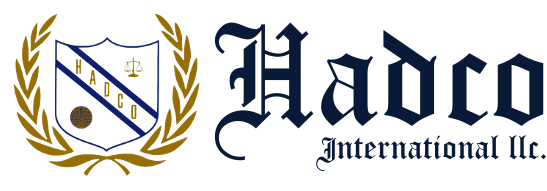USPAP Standards
Uniform Standards of Professional Appraisal Practice (USPAP)
USPAP is a set of standards that is recognized by state governments and professional organizations as the accepted standard for real estate appraisers in the United States. It was developed by the Appraisal Foundation, a non-profit organization that is recognized by Congress as the source of appraisal standards and appraiser qualifications.
The USPAP includes several different standards, including the following:
- Standards Rule: This rule establishes the basic principles that appraisers must follow when conducting an appraisal, including the requirement to be impartial and independent.
- Ethics Rule: This rule sets forth the ethical obligations that appraisers must adhere to, including the requirement to avoid conflicts of interest and to maintain confidentiality.
- Competency Rule: This rule establishes the minimum levels of education, experience, and continuing education that appraisers must meet in order to be considered competent to perform appraisals.
- Record-Keeping Rule: This rule requires appraisers to maintain records of the appraisals they perform, including the property being appraised, the scope of the appraisal, and the basis for the appraiser’s conclusions.
- Appraisal Report Writing Rule: This rule sets forth the requirements for the content and format of appraisal reports, including the information that must be included and the manner in which it must be presented.
- Appraisal Review Rule: This rule sets forth the requirements for the review of appraisal reports, including the qualifications of the reviewer and the scope of the review.
In addition to the specific standards outlined above, the USPAP also includes a set of general principles that apply to all appraisals. These principles are as follows:
- The appraiser must act with integrity, objectivity, and independence.
- The appraiser must have the knowledge and experience necessary to properly perform the appraisal.
- The appraiser must be competent in the methods and techniques used in the appraisal.
- The appraiser must be unbiased and must not allow personal or external pressures to influence the appraisal.
- The appraiser must use credible and verifiable data in the appraisal.
- The appraisal report must be clear, complete, and accurate.
- The appraiser must maintain confidentiality and must not disclose any information obtained in the course of the appraisal without the permission of the client.
Overall, the USPAP is designed to ensure that appraisals are performed in a consistent and professional manner, and to protect the interests of all parties involved. For a complete list of standards and guidelines, please review the latest version of USPAP.
